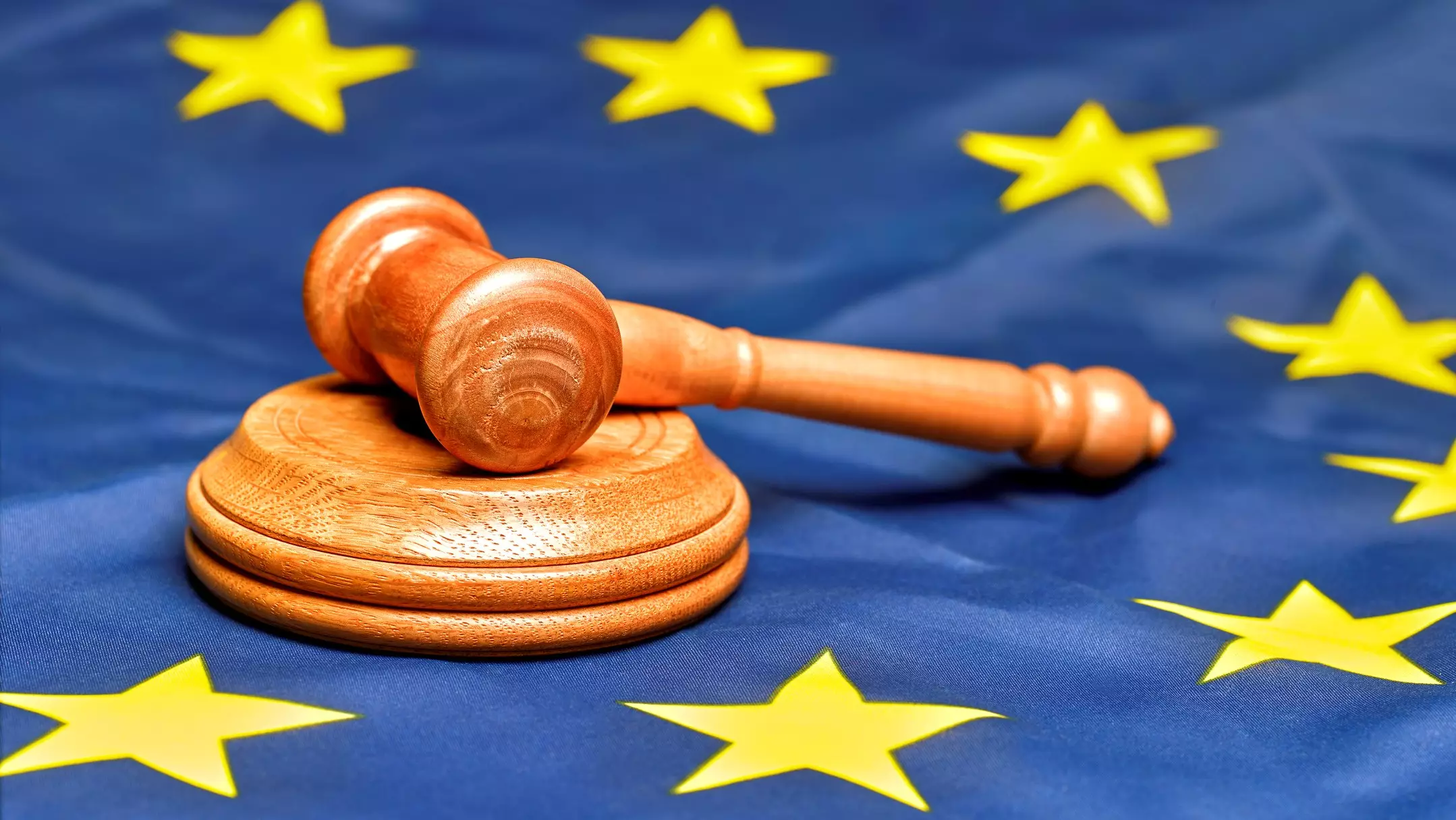In a decisive move that sent ripples across the tech industry, the European Commission has slapped Apple and Meta with hefty fines, totaling €700 million, for breaching the Digital Markets Act (DMA). This landmark incident underscores the rising tensions between colossal tech entities and regulatory frameworks that seek to prioritize consumer rights and competition. The fine imposed on Apple amounts to €500 million for violating anti-steering rules within its App Store, while Meta faces a €200 million penalty for failing to provide users with a real choice regarding their data privacy.
The issues surrounding these companies present a stark image of how technological stewardship must evolve alongside robust legal standards. Apple’s violation is particularly telling—it restricted developers from informing consumers about alternatives outside the App Store. This anti-steering rule breach indicates a fundamental lack of transparency that harms both developers and users alike. They deserve the autonomy to explore potentially cheaper or more advantageous alternatives without facing restrictions from a dominant platform.
Consumers Caught in the Middle
On the other hand, Meta’s “consent or pay” advertising scheme demonstrates a troubling trend of commodifying user data while undermining the consumers’ right to a genuine choice. Here, users are faced with a dilemma: agree to have their data harvested for targeted ads or pay for an ad-free experience. This model speaks volumes about the pressures users face in navigating digital landscapes where the companies are more concerned about profit than about ethical data governance.
Critically, the European Commission’s findings illustrate an apparent disregard for consumer agency. Users should have the ability to opt for services that respect their privacy without resorting to invasive advertising tactics or subscription fees. By failing to provide such options, Meta not only contravenes the DMA but also erodes public trust in its services. Herein lies a vital question: Are these tech giants valuing user data over user rights?
A Costly Affair for Giants—Or Is It?
While the fines levied on Apple and Meta appear substantial in absolute terms, one could argue that they are mere slaps on the wrist for entities operating within the hundreds of billions in revenue. Meta, for instance, continues to report colossal amounts of revenue despite ongoing losses in its Reality Labs division. Such discrepancies lead to skepticism regarding the deterrent effect these penalties may have on their operations. If a company like Meta can withstand billions in losses while continuing to profit substantially, a €200 million fine might barely make a dent in its expansive financial structure.
It raises a more crucial dilemma about the efficacy of such penalties. Are these fines truly designed to enforce compliance, or are they simply baked into the cost of doing business for these tech titans? The presumed notion of accountability becomes blurred when the financial implications are insignificantly minuscule compared to the astronomical profits these corporations reap each quarter.
Rethinking Accountability
The European Commission’s actions send a critical message about the importance of accountability in the tech sector. However, it begs the question of whether fines alone are a sufficient punishment to effect meaningful change. As we witness a rapid evolution of technology and digital marketplaces, the need for innovative regulatory approaches becomes evident. Regulatory frameworks must adapt to encompass not only punitive measures but also strategies that actively enforce compliance and foster a more equitable marketplace.
For genuine accountability, tech giants need to be driven by a cultural shift—not merely through financial penalties. They must internalize the importance of consumer trust and regulatory compliance as intrinsic components of their business models. Otherwise, we may continue to see a cycle of violations and reprimands with little change in digital user experience.
The future of digital marketplaces hinges on the balance between innovation and ethical governance. Both Apple and Meta have shown that profit can often overshadow responsibility. As the regulatory landscape develops, consumers deserve companies that prioritize their needs as much as their bottom lines.

